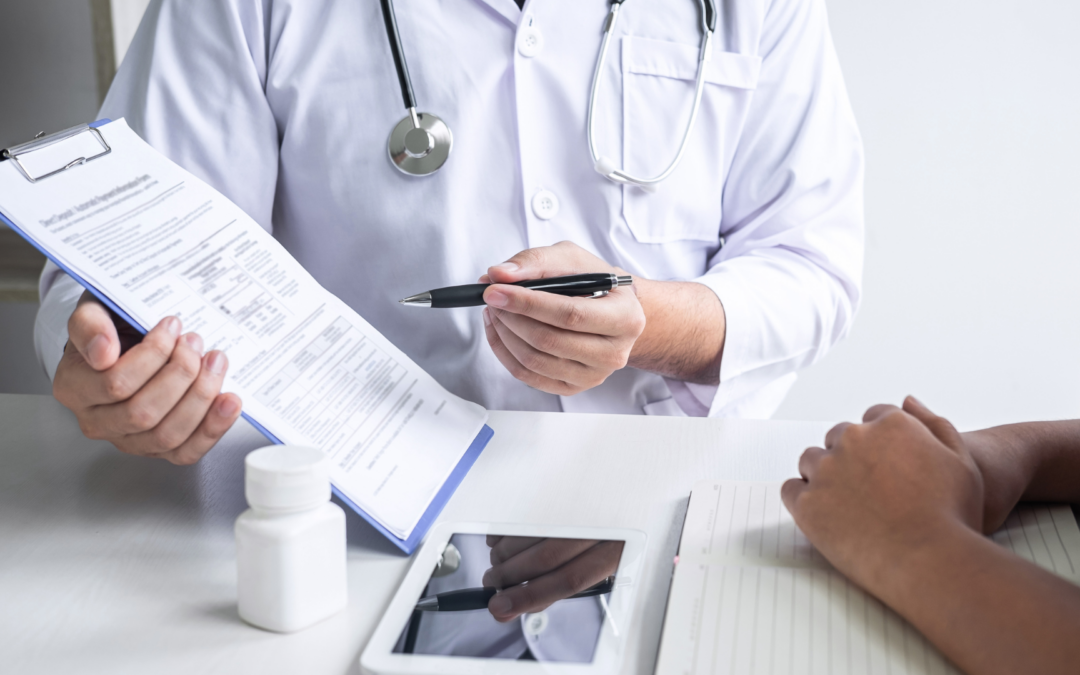If you’re planning a trip to Colombia or have recently moved there, it’s important to know how to access medical care. Colombia is a beautiful country and it’s a great place to explore, but it’s also important to stay healthy while you’re there. Whether you’re looking for a routine check-up or emergency medical treatment, knowing how to access medical care in Colombia is important. Understanding the medical system and the resources available is key to staying healthy in Colombia. This guide will provide you with a comprehensive overview of how to get medical treatment in Colombia.

Check Your Health Insurance Policy
When traveling to Colombia, it is essential to make sure your medical coverage is up to date. Take the time to review your health insurance policy to make sure it will provide you with the necessary range in case of any unforeseen medical emergencies. It is advised to check the terms of your policy to ensure any medical treatments you may require are covered, as well as any medical costs you may have to pay out of pocket. Knowing that your medical coverage is in order will give you peace of mind and help you to relax and enjoy your trip
Research The Best Hospitals
Colombia offers a wide variety of excellent hospitals to choose from. From large health centers in the capital city of Bogotá to smaller, more rural facilities, there are many options for quality healthcare. Furthermore, the country boasts some of the most advanced medical technologies and treatments in Latin America. Before arriving in Colombia, it’s important to research the best hospitals in the area. This will help ensure that you have access to top-notch medical care and services during your stay. It is also beneficial to research the hospitals’ locations and find out if they are close to where you are staying. Doing this research ahead of time will leave you feeling more secure and prepared for any medical needs that may arise during your trip.
Ask Your Hotel for Advice
Hotels in Colombia are an excellent source of information and advice, especially when it comes to healthcare. If you're looking for a recommended hospital or doctor, it's best to check with your hotel first as they are likely to have an up-to-date list of the best medical facilities. The staff at the hotel should be able to help you find the best treatment for your needs. Additionally, you can also inquire about any other medical services or resources that may be available in the area. It is always wise to consult with a professional before deciding on a course of action.
Consider a Private Clinic
Private clinics are becoming increasingly popular for a variety of reasons. They can provide a broader range of services, including specialist care for specific conditions, and usually offer shorter wait times and more personalized attention. They also tend to have more advanced technology and equipment and offer treatments that are not available in public hospitals. Additionally, they are more likely to have staff that is experienced and knowledgeable in the field. These factors mean that private clinics can provide a higher quality of care than public hospitals, making them a good option if you can afford it.
https://worldinfourdays.com/dental-tourism-going-to-the-dentist-in-mexico/
Familiarize Yourself with The Medical System
It is essential to familiarize oneself with the medical system in Colombia to ensure proper access to medical care. Knowing how to register for treatment, how to pay for treatments, and what medications are available are all key components to understand in order to take advantage of the medical system. It is important to be aware of the different public and private options available, as well as the cost of services, in order to make sure that the best care possible can be obtained. Additionally, understanding the system is important when it comes to navigating the bureaucracy and paperwork associated with accessing medical care. Familiarizing oneself with the medical system in Colombia is key to receiving the care one needs.
Ask For a Translator
When traveling to Colombia, asking for a translator can be incredibly helpful if you do not speak Spanish. Having a translator can help ensure that you understand everything that is being said by the doctor. It is especially important to have a translator if you are seeking medical treatment in Colombia, as the medical system in the country can be significantly different than what you are used to. A translator can help you navigate the process of receiving medical care in Colombia and make sure that you are getting the best possible treatment.
Don’t have access to a translator? Check out these translation apps and language learning programs.
Find an English-Speaking Doctor
Finding an English-speaking doctor in Colombia can be very helpful for those who don’t speak the language fluently. Whether you’ve lived in Colombia for a long time or are just visiting, it can be helpful to have a doctor who speaks your native language. This makes it easier to communicate and understand the medical advice being given, so you can be sure you’re getting the best care. Many hospitals, clinics, and private practice physicians in Colombia offer English-speaking services, so you can find a doctor who speaks English in your area.

By following these steps, you can rest assured that you will have access to the medical care you need during your time in Colombia. With a little preparation, you can feel confident in your ability to find the best medical care for your particular needs. Additionally, it is worth noting that Colombia is a safe and secure destination for travelers. With a little research and planning, you can make the most of your time in Colombia and ensure that you have access to quality medical care should the need arise.






